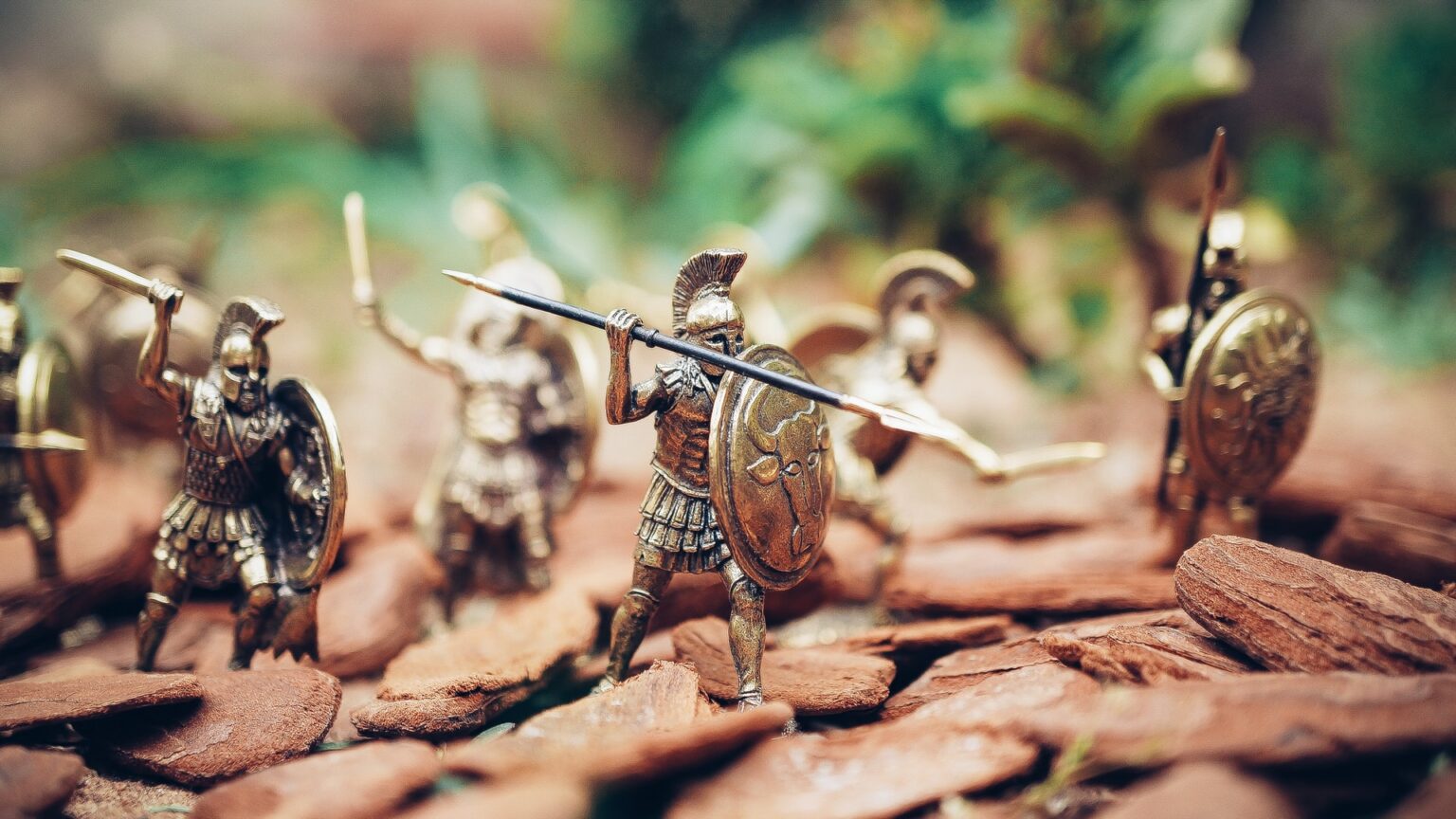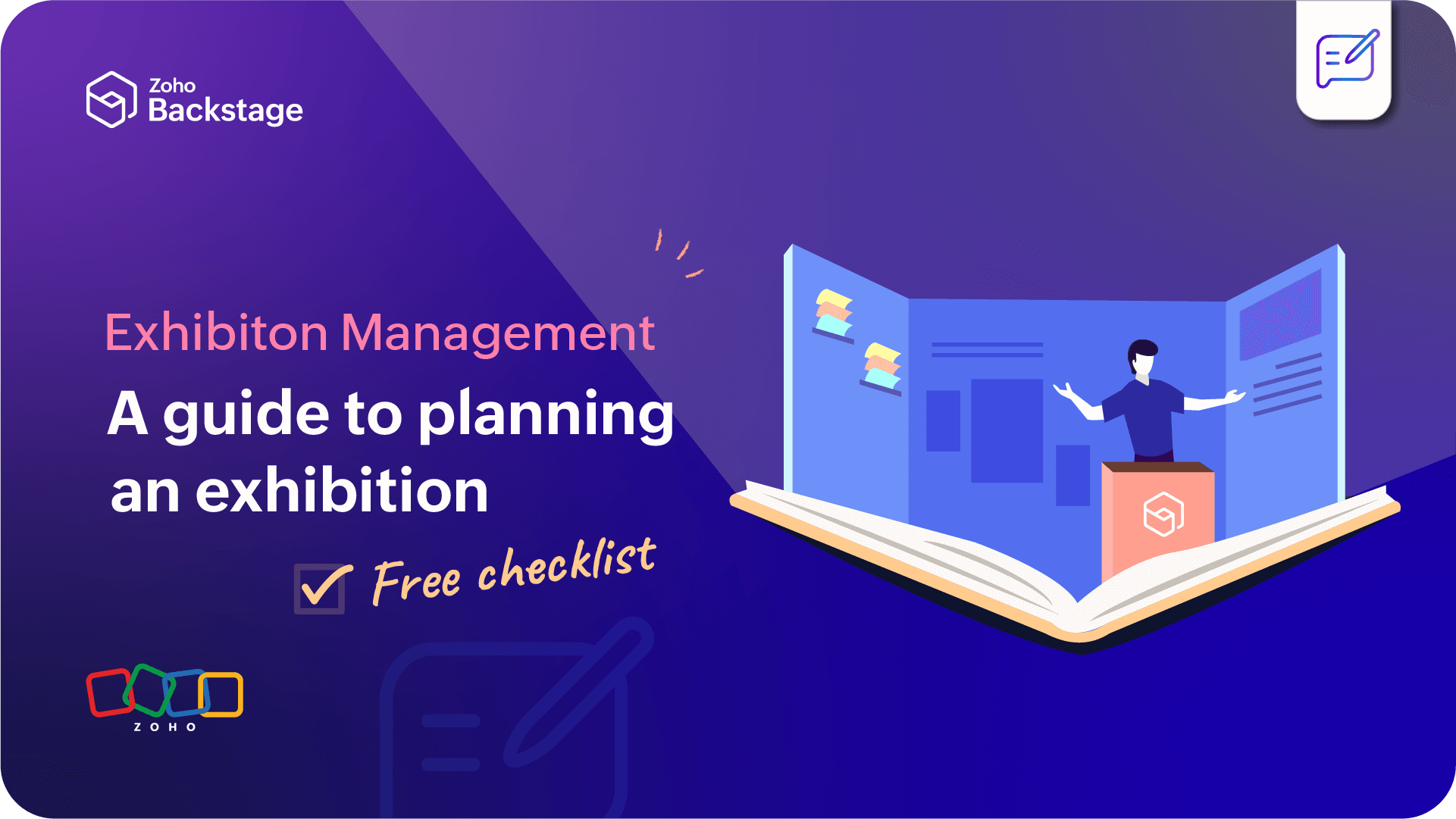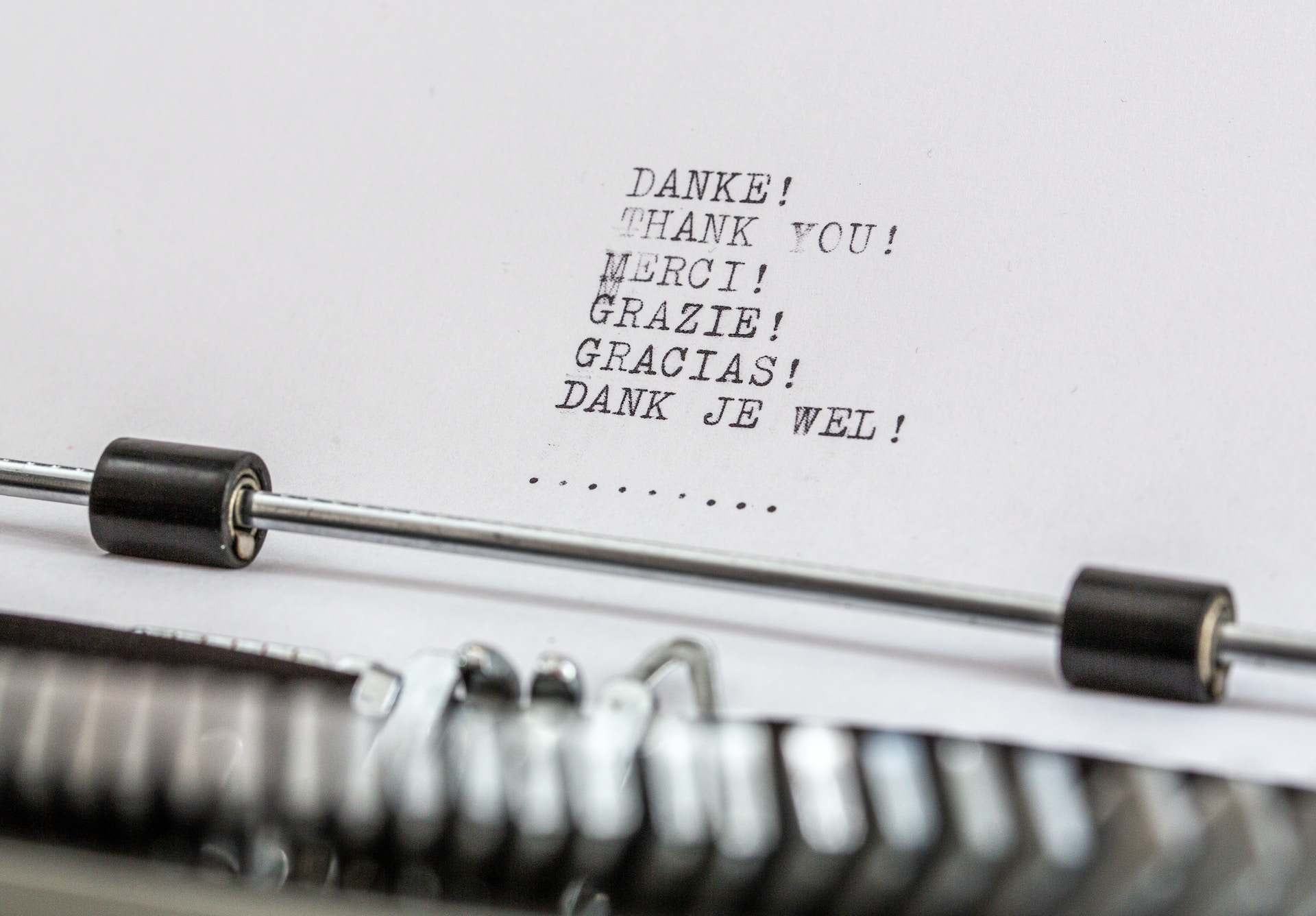- HOME
- Management
- Everything you need to know about event security
Everything you need to know about event security
- Last Updated : August 18, 2023
- 9.0K Views
- 7 Min Read

With so much happening around the world to threaten safety at events, security has become one of the biggest concerns for event professionals. 58 people died in the Route 91 Harvest Festival shooting in Las Vegas. At the Manchester Arena bombing, 22 people died. Last November, five people were injured during a shooting at the Gilroy Garlic Festival in California. They also sued the festival organizers.
However, it’s not just the big events that are under security threats. A 21-year-old woman was shot dead at a wedding in Germany. Also, it’s not just the threats to life that have increased security concerns at events—there are also problems like theft, fraud, and unruly guests.
When it comes to events, we most always stress the importance of the attendee experience. We talk about engaging them, inspiring them, and giving them memories worth a lifetime or more, but what does any of that matter if they aren’t safe at your event? One security threat is all it’ll take for your event to go south, and when that happens, it’ll give both your event and your organization a bad rep. Also, even a minor slip-up can become an expensive affair with you paying millions in lawsuits. So let’s give some thought to your event’s security and how to make it one of your top priorities.
Subscribe to The Green Room
Sign up here and get all the most relevant MICE industry content delivered right to your inbox once a month.
By submitting this form, you agree to the processing of personal data according to our Privacy policy.
The 8 essentials of event security
Event security is not just appointing a few security guards at the entrances or having CCTV cameras around the venue. It’s so much more nuanced, and you’ve got to be prepared for all situations. Here are eight tips to protect your event from threats and ensure a safe event experience.
Invest is complete venue security
Venue security is not just taking care of the outside threats—it’s also protecting event participants from inside threats, whether technological, human-made, or natural. You’ve got to consider all hazards without leaving anything to chance because a secure venue is the first step to a safe and well-protected event. Some ways you can ensure venue safety include:
Conducting security checks at all gateways and entry points
Appointing security personnel throughout the venue
Mapping out exit points to evacuate event participants safely in case of emergencies or threats
Monitoring the CCTV cameras to stay aware of any suspicious activities in and around the venue during the event
Keeping communication lines open with attendees and encouraging them to report uncomfortable incidents
Having a backup plan in case of a security mishap
Most venues today come with surveillance equipment, electronic gates, and security personnel, so you don’t have to invest in your own. If the venue you’ve decided on doesn’t come with the security equipment you need, you can always rent it. Whichever way you choose to proceed, remember that your venue’s security plan has to be as foolproof as possible to avoid catastrophes and tragedies.
Educate your team
For your event to be completely secure, everyone has to do their part. Often, we tend to assign these duties to the few security personnel we hire and then completely forget about it. While they do bear the bulk of the responsibility, all of you are responsible for your event’s security. Before the event, explain to your staff how you plan to make the event secure.
Elaborate on the various security protocols they should follow, how to identify and respond to threats, and whom to contact if they need help. You can also get your security people to teach them basic safety techniques to stay in control during problematic situations. Also, don’t leave out vendors, exhibitors, speakers, and other members of your team. Brief them about your security measures and crisis communication plans so they aren’t caught unaware in an emergency.
Know the people who work for you
You probably know this: almost every (successful) crime has an inside person. This is a member you trust—someone who’s aware of all the security measures you’ve very carefully planned and who know your blind spots. That’s why you should be sure about the people you bring to your team. Do a background check on everyone you hire, see if they’ve been in trouble with the law, check references, get them to take a personality test, and even submit for voluntary drug testing if needed. Be as thorough as you can here because these are the people who will have your back in the future.
You might think that you have dependable staff because they’ve worked with you for a long period. However, time has a way of changing people in ways you’ve never imagined. Do a re-screening every few years just to be on the safer side.
Don’t forget cybersecurity
From rogue hackers to organized crime syndicates, there are just too many people out there with the means to pull off a cybercrime. Data-breaches, money fraud, and even terrorist attacks are possible cyber threats you may come across. So make cybersecurity a big part of your event’s security plan. Some simple measures that will go a long way in ensuring cybersecurity at your event include secure wireless networks, anti-virus software on all your devices, and a password manager that stores complicated passwords. You should also keep all your software up to date and have trained IT people who can identify and address incidents of phishing or hacking.
Have crowd management measures in place
Crowd control can become a big headache at large events. Not only does it increase safety concerns, but it also makes for a bad event experience. Over-enthusiastic attendees blocking the entryways, rambunctious guests at the check-in line, people crowding around celebrity speakers, and everyone cramming into small areas are just some of the results of bad crowd control.
To avoid such hassles, have staff and security people on hand to control the crowd and maintain order at the event. The higher the attendee-to-staff ratio, the better the experience for everyone. Try to have at least one staff member for every 50 attendees and one security person for every 100 attendees. Keep a few extra members for emergencies. If you plan to have celebrity guests at your event, you should step up your security to include protecting them from the crowds. This includes assigning security for them, liaising with their security team if they have one, and setting aside special entry and exit points.
Keep medical staff on hand
Most event organizers have learned to be prepared for small medical emergencies at events. They stock up on first-aid kits and train staff to handle medical emergencies, give CPR, and more. However, with the increase in threats in recent times, these basic measures are no longer enough. Having a qualified medical team to handle risks like poisoning, sudden illnesses, or other accidents can mitigate a lot of unnecessary trouble. Your medical staff can start emergency procedures and help paramedics and first responders in critical situations. While a qualified medical team might seem like too much for small events, they’re very important if you plan to host a large gathering. Remember, the bigger the event, the more the risk.
Draft an emergency preparedness plan
Once you’ve done your risk assessment for possible threats, you should prepare for them. Decide how many people should guard the entryways. Have an evacuation plan to quickly move event participants out of the venue when situations escalate. Keep local authorities informed about possible threats you’re expecting. Prepare a prevention and response plan for various situations like natural disasters, terrorist attacks, or gun threats.
Have a crisis communication plan in place to keep all emergency operations running smoothly. Brief your staff about what to do in different situations and ensure that everyone has the emergency contact list. This is your backup plan to defuse a threat and take control, so make sure that you don’t let any box go unchecked.
Remember, attendees can be threats too
Just like how your staff may be working against you, attendees may also be threats. So make sure to keep an eye on everyone who’s attending your event. Badges, especially when they include photos, can be really useful to tell if someone’s supposed to be there or not. You can also check their bags at the registration point, have metal detectors at all gates, and have your venue under constant surveillance to monitor suspicious behavior. You can also flag problematic attendees and bar them from future events.
One other thing you can do is make your security measures visible. It might deter people from proceeding with their plans if they know they’re being watched. It also tells attendees that they are safe here.
Event security can no longer be an afterthought, and event organizers must be ready for anything and everything. If you’re unsure about how to proceed or feel there are a lot of potential threats, you can enlist specialized event security teams to support you. Lastly, investing in event security is money well-spent—you get to keep everyone safe, satisfied, and happy.
If, like us, you're more of a social person, let's connect on Twitter (@ZohoBackstage) and we'll keep you up-to-date with all the latest event news.
 Nisha
NishaMarketing and content at Zoho Backstage. Cultural misfit. Armchair traveler. Productivity geek. Sometimes, I write poetry. Sometimes, it rhymes.









Comments(5)
It's nice that you mentioned how event security is also about protecting event participants from inside threats, whether technological, human-made, or natural. I attended a concert last weekend and I noticed that there were a lot of guards roaming around the venue. When it comes to gatherings of many people, security and safety are definitely very important.
There's always a risk to safety with a huge crowd like at an event. Hiring risk management guards in Melbourne is really a good idea. In fact, it will make your event complete without any interference or problems. These guards are specially trained for crowd management which is a really useful skill when it comes to managing big events.
As a website possessor I believe the content material here is very wonderful, regards for your efforts. My web-site; https://marketwatchinfo.co.uk">Market Watch Info.
My friend wants to ensure that his event is secure. It makes sense that getting the right security for it would be a good idea. I'll make sure that he knows that you can hire security who specializes in events.
Great piece of information, Thank you for sharing the updated one..